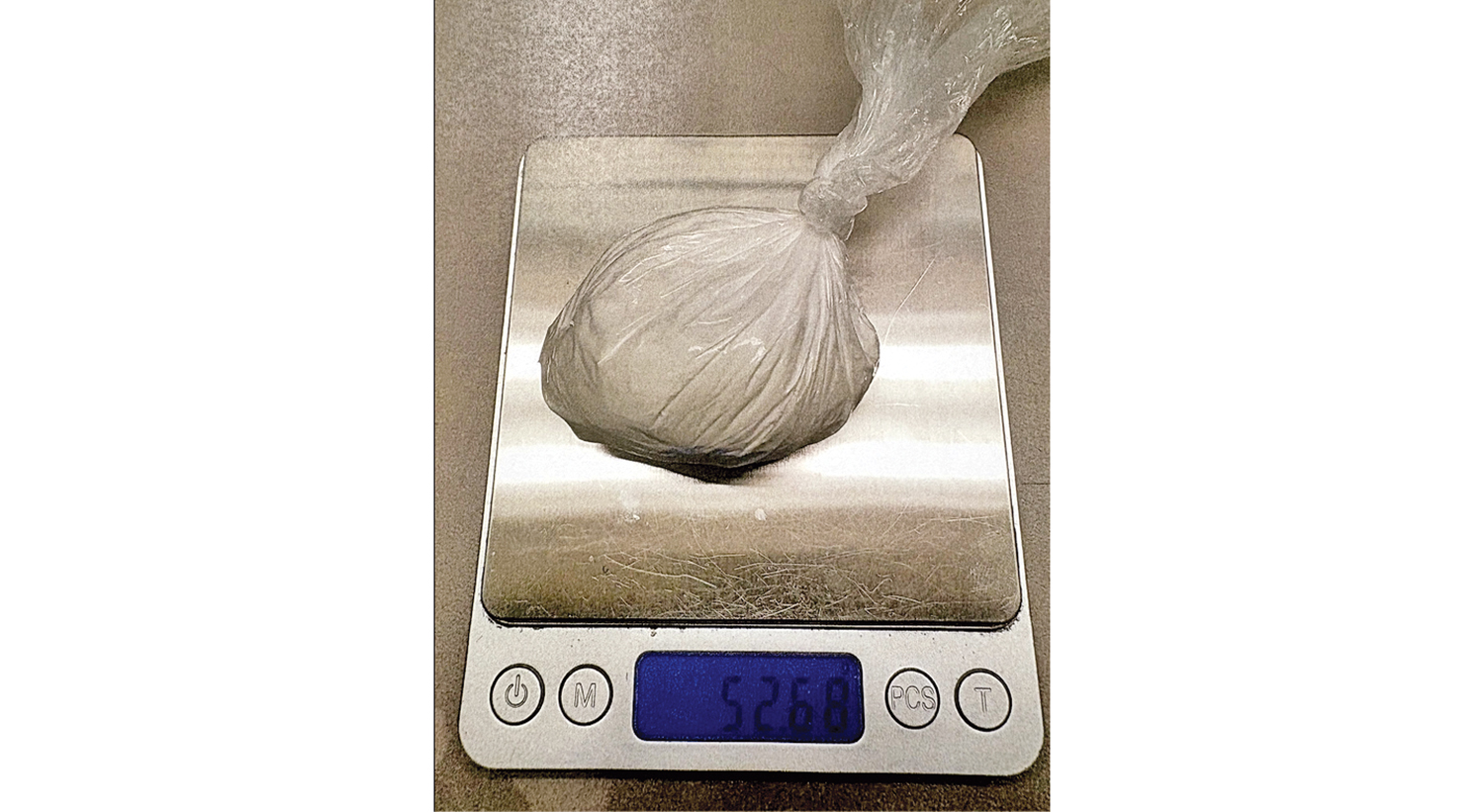Court ruling could affect Ohio House’s campaign chest
Published 5:00 am Friday, October 25, 2024
COLUMBUS – (TNS) A Franklin County magistrate pinned a contested, $1.67 million debt stemming from a defaulted office lease on the Ohio House Republicans’ political arm, less than a month before Election Day.
The decision imposes significant financial uncertainty unto the Ohio House Republican Alliance, which assists with campaigning for the slate of GOP House candidates. But it’s unclear how much the decision will hobble their candidates’ chances of winning next month – or whether the organization will even end up paying the money at all.
It could end up being a costly addition to the already tarnished legacy of ex-House Speaker Larry Householder, whose political operation arranged the lease in the first place shortly before he was arrested on federal bribery related charges in 2020. He was later convicted of racketeering and sentenced to 20 years in prison.
Householder’s top adviser, Jeff Longstreth, signed the seven-year lease with LCP Properties, an LLC registered out of Virginia, on behalf of what was then the Ohio House Republican Caucus Committee. It spanned the entire eighth floor of the Chase Tower in Columbus, overlooking the Ohio Statehouse.
Ohio law allows each of the four legislative caucuses to create their own campaign accounts, which can accept larger contributions than individual lawmakers’ accounts. The Ohio House Republican Alliance, the current version of the caucus committee, has tried to legally distance itself from its predecessors that signed the lease and refused to make monthly payments.
But a magistrate on Friday dismissed its arguments. OHRA, ruled Magistrate Elizabeta Saken, formed after the termination of its predecessor, operates under the same state law controlling caucus committees, shares the same physical location, and strives to accomplish the same goals. OHRA, she held, is therefore a successor of the entity that signed the lease and is liable for the $1,616,342 in lease payments and $49,902 in attorney fees.
It’s not immediately clear how and when LCP will collect on the judgement. Common Pleas Judge Andria Noble, a Democrat, can still amend the magistrate’s ruling before finalizing it. John Kuhl, an attorney for LCP, declined to provide specifics on how LCP will collect but said he’s hopeful OHRA will volunteer what it owes considering the order.
“We will pursue all remedies available to us in order to collect on the judgment,” he said. “We are pleased with the court’s well-reasoned decision and look forward to holding the OHRA accountable under the contractual obligations.”
Cleveland.com and The Plain Dealer reached out to representatives of two rival factions of the House Republican caucus who have both claimed control of the caucus account.
OHRA attorney Don Brey in February warned that the predecessor entity that signed the lease no longer exists and “you can’t get blood from a turnip.” In a Monday interview, he declined to say whether OHRA will object to the magistrate’s order or appeal it to a higher court.
“We’re still examining the decision and reviewing our options,” he said. “This is a beginning of the process, not necessarily the end of the process.”
Longstreth, a political adviser to Householder who signed the underlying leasing documents, didn’t respond to a text message. In 2020, Longstreth pleaded guilty to a count of racketeering and testified against Householder as a government witness at a March 2023 trial. He has not yet been sentenced.
The judge’s ruling comes as House Speaker Jason Stephens, a Lawrence County Republican, and his allies have been fighting in court for more than a year to keep a competing faction of House Republicans from taking control of OHRA.
The intra-caucus struggle, which stems from Stephens’ controversial election as speaker last year with the help of House Democrats, intensified this spring when Stephens had OHRA spend nearly $3 million on TV ads on behalf of his favored candidates in several competitive GOP primary races.
In July, a Franklin County judge issued an injunction blocking Stephens from accessing OHRA’s bank account, though last month a state appeals court threw out both the injunction and the overall lawsuit, filed by Republican state Reps. Phil Plummer of Montgomery County, Ron Ferguson of Jefferson County, and Derek Merrin of suburban Toledo.
Beyond being a matter of principle and of political gamesmanship, the main advantage to controlling OHRA is that it has campaign-finance privileges under state law that make it far easier for legislative candidates to pool and spend vast amounts of money on advertising for top-priority candidates during campaign season.
As of June, OHRA’s bank account only had about $50,000 to $60,000 in it, Stephens’ attorney said at the time. However, that’s not unusual for legislative campaign accounts like OHRA, which traditionally have only a marginal amount of money in them until election season, when they swell with contributions from legislators’ campaigns and donors.
Updated information on OHRA’s financial situation won’t be available until a state campaign-finance reporting deadline next week.
But so far, it appears that the legal grappling has effectively left OHRA on the sidelines this campaign season.
To date, OHRA has – unusually for this late in the campaign – only started one TV ad buy, spending $36,550 so far on airtime to support state Rep. Josh Williams, a Toledo-area Republican, according to political ad tracker Medium Buying. Several House Republicans have said they expect donors this year will prefer to write checks to individual legislative candidates instead of OHRA.






